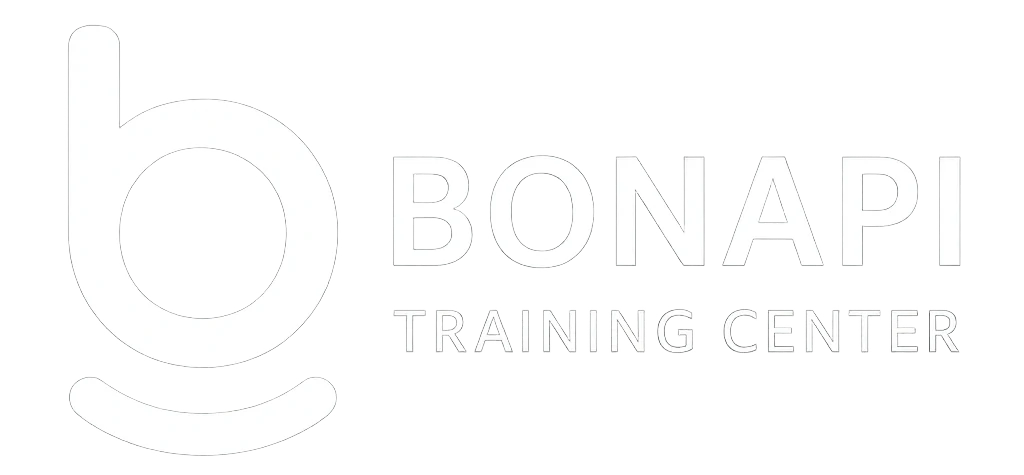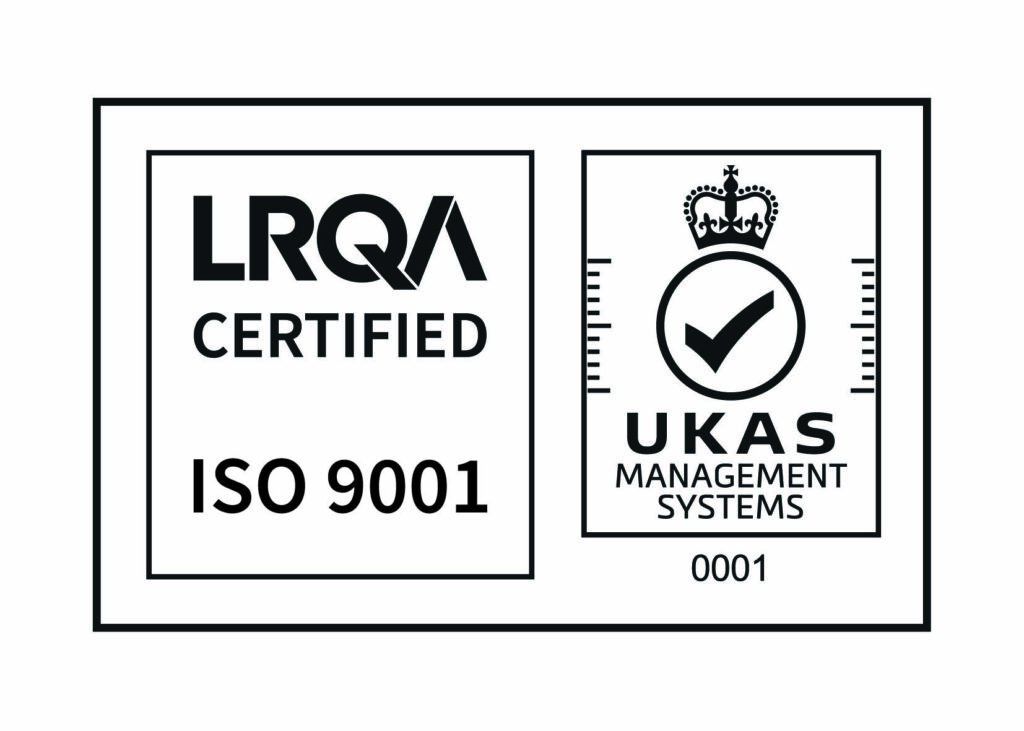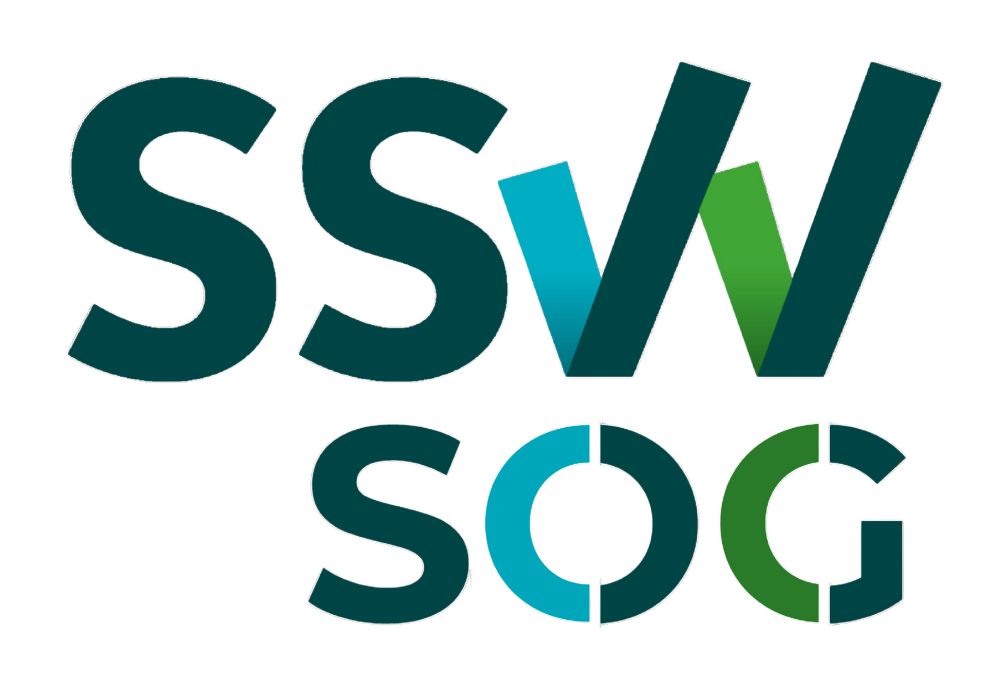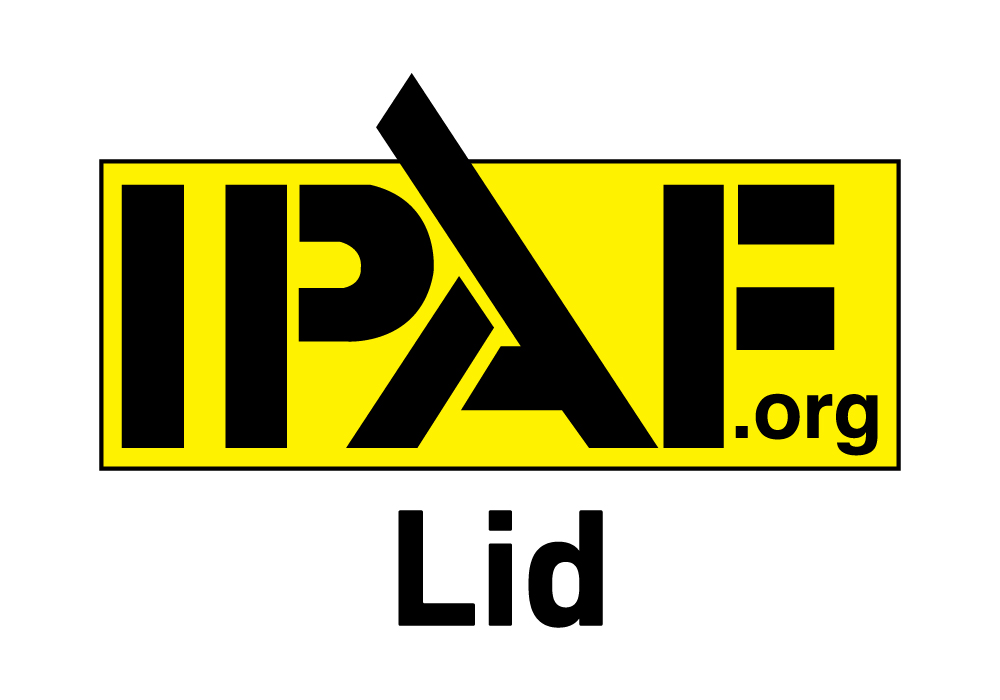Working on a construction site in the Netherlands means complying with strict safety regulations. To work legally, employees must hold valid safety certificates such as VCA and GPI. Without them, you won’t be allowed on site, and employers won’t be able to hire you. Which training is required, how do you get certified, and why is it worth it?
Are health and safety courses mandatory in the Netherlands?
Yes – in the Netherlands, every construction worker must complete mandatory health and safety training. This is not just a formal requirement, but a key element in ensuring safe working conditions.
The most commonly required certificates include:
- VCA (Veiligheid, Gezondheid en Milieu Checklist Aannemers) – basic health and safety training for construction workers
- GPI (Generieke Poortinstructie) – a compulsory introductory course required before entering any construction site
- SCC – an additional certificate for workers outside the construction industry who operate in hazardous environments
No certificate? You won’t be allowed to work on site in the Netherlands.
What is the VCA course and why is it required?
VCA is a basic safety training programme for people working in construction. It covers essential safety topics such as:
- accident prevention
- working with hazardous materials
- fire safety and explosion risks
- working safely at height
How long is a VCA certificate valid?
The VCA certificate is valid for 10 years and is recognised across many European countries. This means you can work not only in the Netherlands, but also in Belgium, Germany or Scandinavia.
What should you know about the GPI course?
GPI (Generieke Poortinstructie) is a mandatory introductory course for all construction workers in the Netherlands. It covers topics such as:
- rules for moving around the construction site
- how to respond to emergencies
- cooperating with others to ensure safety
Completing GPI is obligatory before starting work – you won’t be allowed on site without it, even if you already hold a VCA certificate.
Who needs SCC certificates?
While SCC is not mandatory in the construction sector, it’s highly recommended if you plan to work in high-risk industries such as chemical or petrochemical. This certification focuses on workplace hygiene, safety, and risk minimisation.
SCC (Safety Certificate Contractors) is an internationally recognised safety standard used in Germany, the Netherlands, Belgium and Austria. It’s required in many high-risk sectors such as construction, logistics, manufacturing, technical services, and assembly work.
At Bonapi Training Center, we offer two levels of SCC certification tailored to different professional groups:
SCC 018 – Basic safety certificate (for workers)
Designed for employees working in sectors that require strict adherence to health and safety rules. The course covers hazard identification, safety procedures, and personal and collective protective measures. The exam can be taken in multiple languages, including Polish, and the certificate is valid for 10 years.
SCC 017 – Certificate for managers and self-employed professionals (ZZP)
Intended for supervisors, managers and self-employed individuals overseeing technical work or operating in countries like Germany that require SCC certification. The course includes safety management, risk assessment, planning according to SCC guidelines, and legal responsibilities of supervisors. This certificate is essential for ZZP workers planning to work in Germany.
Where can you take VCA and SCC courses?
VCA and SCC courses are available both in Poland and the Netherlands. You can choose:
- In-person training – held at training centres
- Online courses – allowing you to prepare at your own pace
The VCA exam can be taken in many languages, including Polish, which makes passing it much easier. You can take your VCA and SCC training and exams at Bonapi – a training centre specialising in health and safety courses for construction and industrial workers in the Netherlands.
Why choose VCA training at Bonapi?
- Courses available in multiple languages – learn in Polish, English, Dutch, or other languages you’re comfortable with
- Exams and certification included – after the course, you’ll take the exam and receive a certificate recognised in the Netherlands
- In-person and online options – choose from classroom training in the Netherlands or prepare online from anywhere
- Certificates valid for 10 years – once you’re certified, you’re set for the long term
Is it worth having a VCA certificate?
Absolutely – here’s why:
- Better job opportunities – most companies require a VCA certificate before hiring
- Higher pay – certified workers are more valued on the job market
- Workplace safety – understanding the rules reduces the risk of accidents
If you want to work in construction in the Netherlands, you need the right safety certificates. VCA and GPI are the minimum requirements to get on site. It’s a good idea to complete your training before you leave, so you can start working without delay.
Planning to work in the Netherlands and need certification? Check out Bonapi’s courses, sign up for training, and start your job without hassle!







